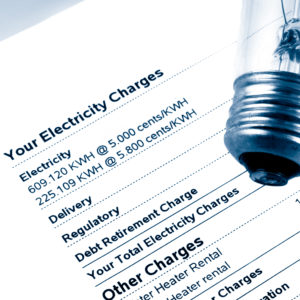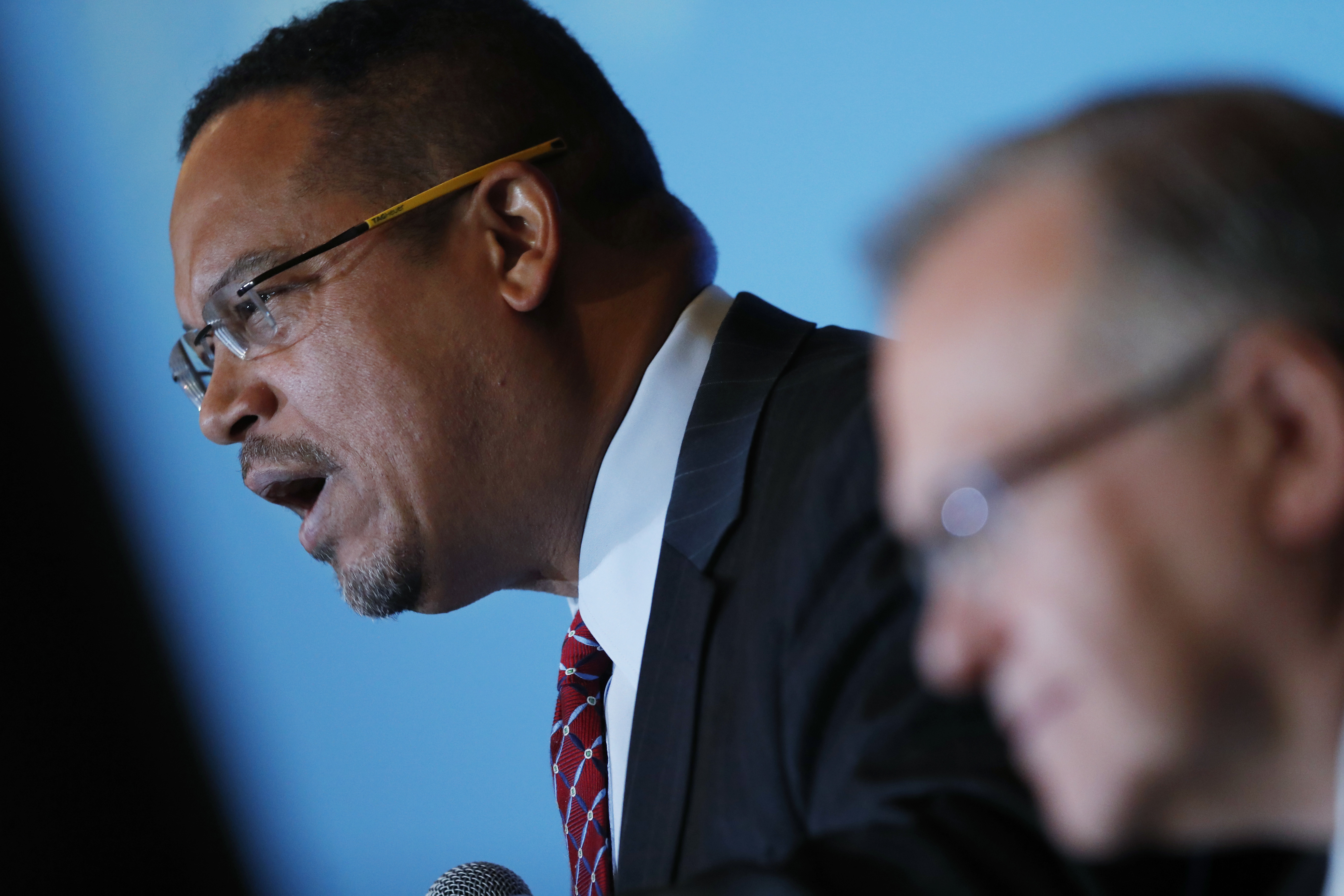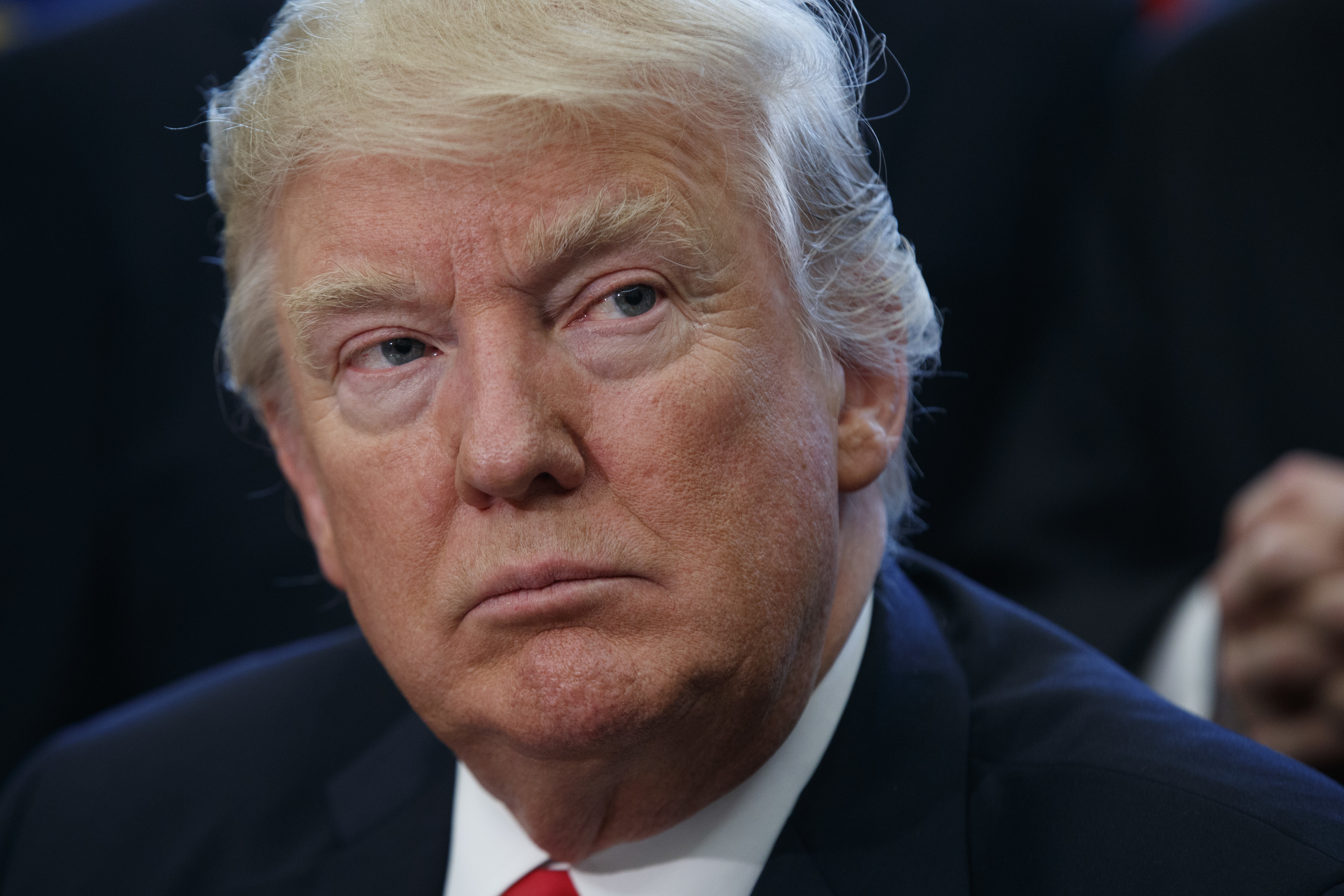Shaheen Bragged About Writing $42 Billion Broadband Program. It’s Connected Zero People to Internet
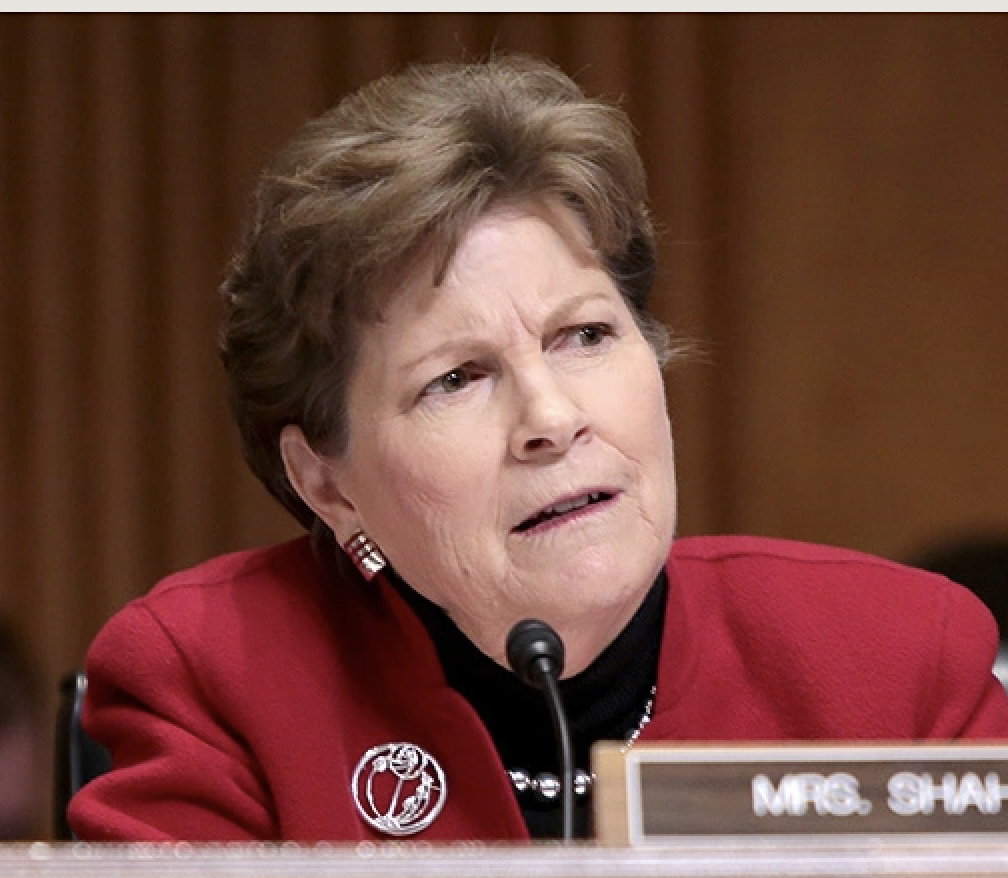
One year ago this week, U.S. Rep. Chris Pappas was patting his own political back over nearly $200 million in federal tax dollars coming to New Hampshire to improve broadband internet access.
“Access to high-speed internet enables our businesses to compete, communities to thrive, and Granite Staters to succeed,” Pappas was quoted in a press release. “I was proud to help pass the bipartisan infrastructure law to secure these funds.”
He wasn’t alone.
Rep. Annie Kuster said she was “thrilled” by the broadband funding, and Sen. Maggie Hassan called it one of her “key priorities.”
And Sen. Jeanne Shaheen was the most excited of all, sending a “breaking news” press release taking credit for “writing the broadband provisions that created the BEAD program.”
“This is precisely what we had in mind,” Shaheen said of the $200 million broadband cash haul.
But ask Shaheen about the Broadband, Equity, Access, and Deployment (BEAD) program today, and she’s a “no comment.” The rest of the delegation is suddenly silent as well.
Perhaps that’s because of a new report saying the $42 billion program launched in 2021 has yet to connect a single person to the internet.
Not one.
“In 2021, the Biden administration got $42.45 billion from Congress to deploy high-speed Internet to millions of Americans. Years later, it has not connected even one person with those funds. In fact, it now says that no construction projects will even start until 2025 at the earliest,” Federal Communications Commissioner (FCC) Brendan Carr reported.
According to the Washington Times, the reason Biden’s expensive, high-speed rollout is stuck in dial-up mode is progressive politics.
The law Shaheen helped write imposes burdensome requirements like climate change mandates, preferences for hiring union workers and the requirement that eligible companies prioritize the employment of “justice-impacted” people with criminal records to install broadband equipment.
“The Biden Admin’s failure to turn even a single shovel’s worth of dirt with these dollars flows directly from its own choices,” Carr says. “The administration chose to pursue DEI goals and climate change priorities and to add layers of Byzantine process that senators warned would delay internet builds.”
Among the mandates is a requirement “to prioritize certain segments of the workforce,” such as “individuals with past criminal records” and “justice-impacted participants.”
Carr compared the years of spending and billions of dollars — all without result — to the recent news that Biden’s billion-dollar push for electric vehicle charger stations has led to just seven or eight actually constructed.
“A lot of people look at the seven EV chargers, and they thought that was a big miss,” Carr said. “And you know, at least you got seven EV chargers. Here, we’ve got $42 billion, and we’ve got no shovels in the ground — nobody connected at all.”
As critical as high-speed internet service is for New Hampshire families, getting them connected is taking a back seat to a shopping list of liberal items, according to Sen. John Thune (R-S.D.). He joined nine other Senate Republicans in a letter to the National Telecommunications and Information Administration (NTIA) demanding the agency drop its “bureaucratic red tape and far-left mandates” that have kept the program offline.
“As numerous states and stakeholders have articulated, current BEAD rules divert resources away from bringing broadband service to rural America in a manner that is inconsistent with NTIA’s statutory authority in the Infrastructure Investment and Jobs Act (IIJA). NTIA’s failure to resolve these concerns will prolong the digital divide and put billions of scarce taxpayer dollars at risk,” the senators wrote.
Meanwhile, Carr says, the Biden administration has added insult to injury for Americans in rural areas like northern New Hampshire who could have been helped by the BEAD program.
“While the Biden Admin’s $42.45B plan from 2021 has not resulted in even a single shovel’s worth of dirt being turned, the government in 2022 revoked an award to Starlink that would have delivered high-speed Internet to 642,000 rural locations,” Carr said.
Worse, Carr said, a group of moderate Republicans led by Sen. Susan Collins (R-Maine) wrote the Biden administration in 2022 warning the heavy-handed regulations proposed for the BEAD program would prevent it from fulfilling its mission.
“Certain provisions go beyond the authority granted to NTIA and will discourage or deter broad provider participation. This undermines our shared goal of delivering broadband service to all Americans as soon as possible,” the senators wrote.
Then, as now, the New Hampshire delegation had no comment.



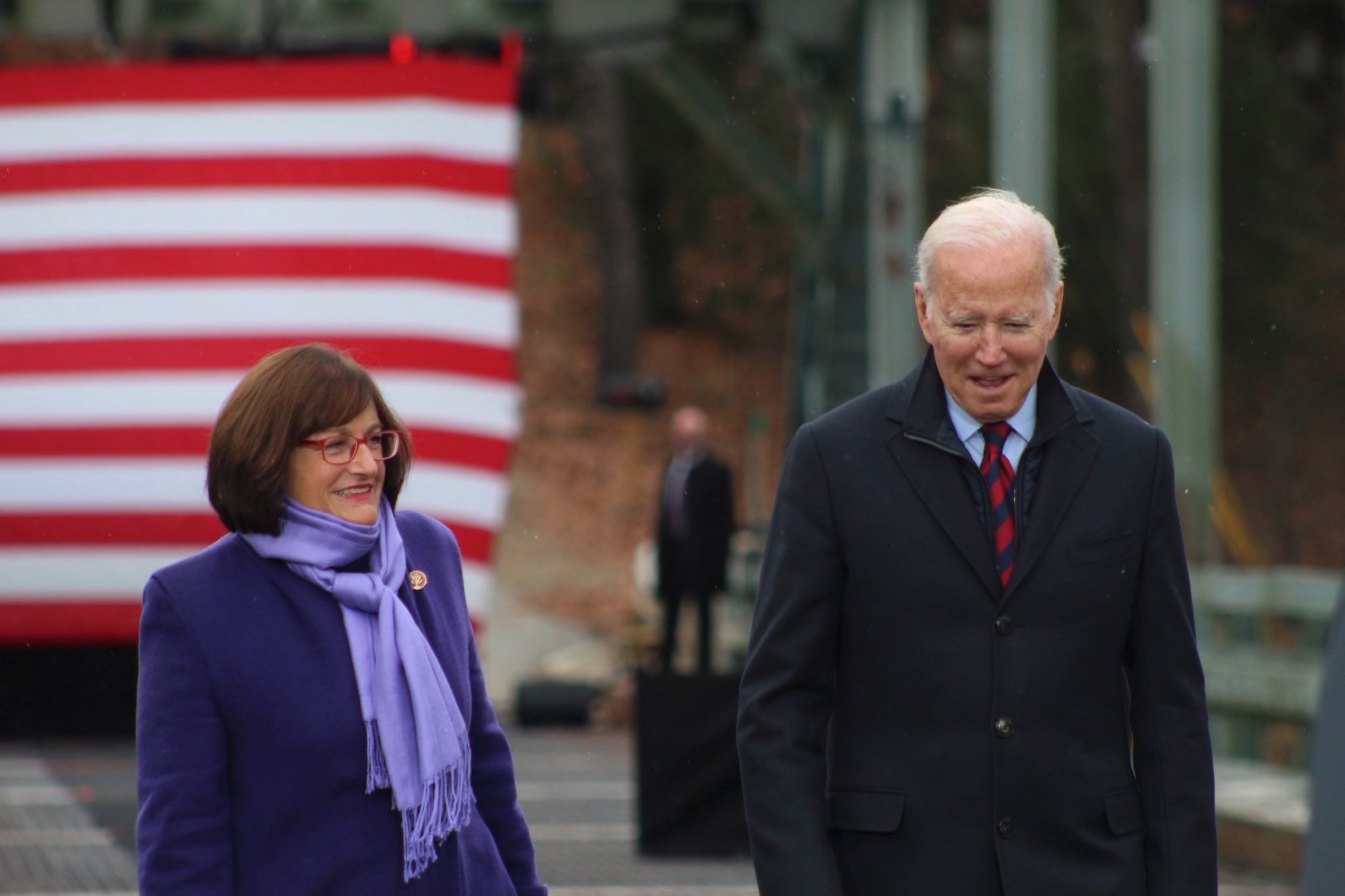
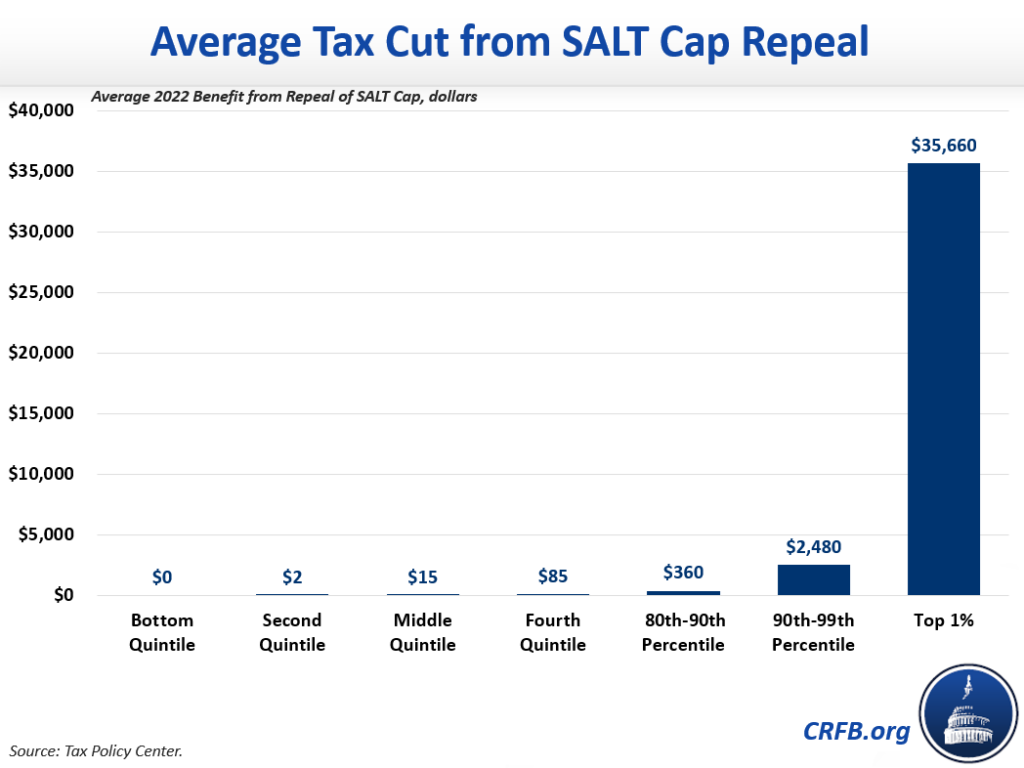
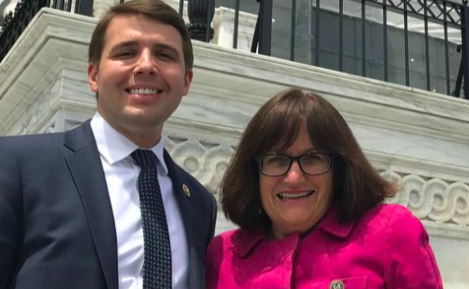
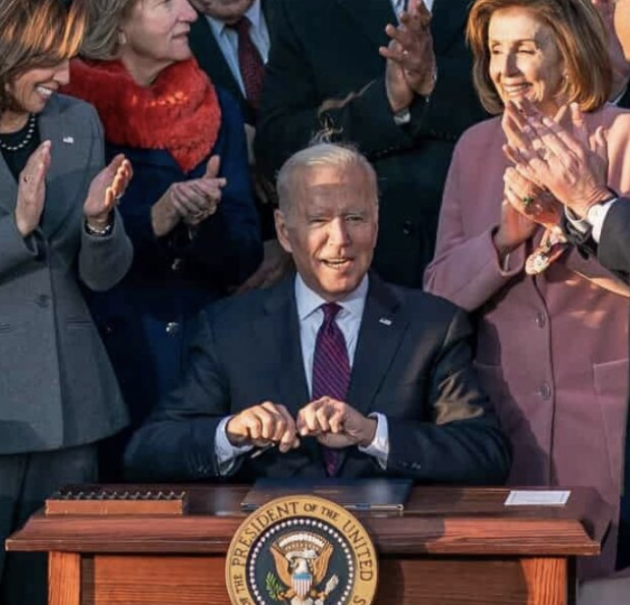

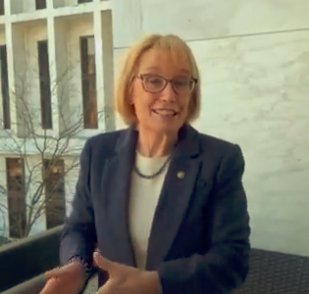 Both Pappas and Kuster’s poll ratings dipped into negative territory in the latest New Hampshire Institute of Politics poll, a first for both of them. Pappas was at 42 percent favorable to 46 percent unfavorable, Kuster landed at 40 percent to 46 percent.
Both Pappas and Kuster’s poll ratings dipped into negative territory in the latest New Hampshire Institute of Politics poll, a first for both of them. Pappas was at 42 percent favorable to 46 percent unfavorable, Kuster landed at 40 percent to 46 percent.